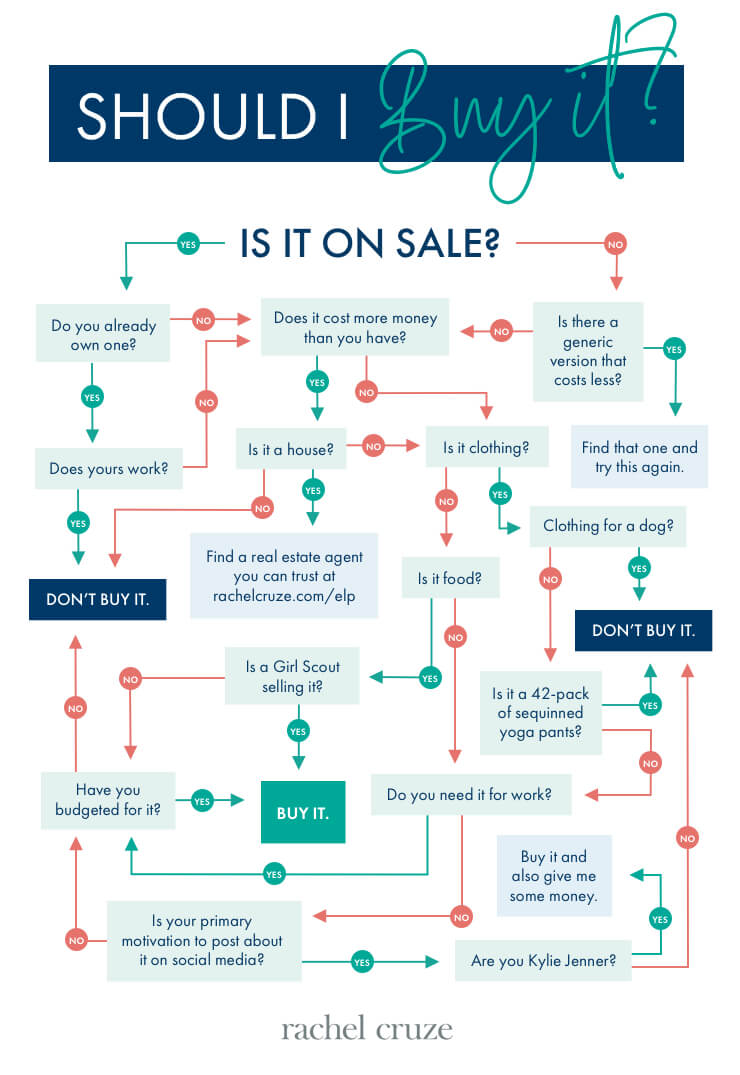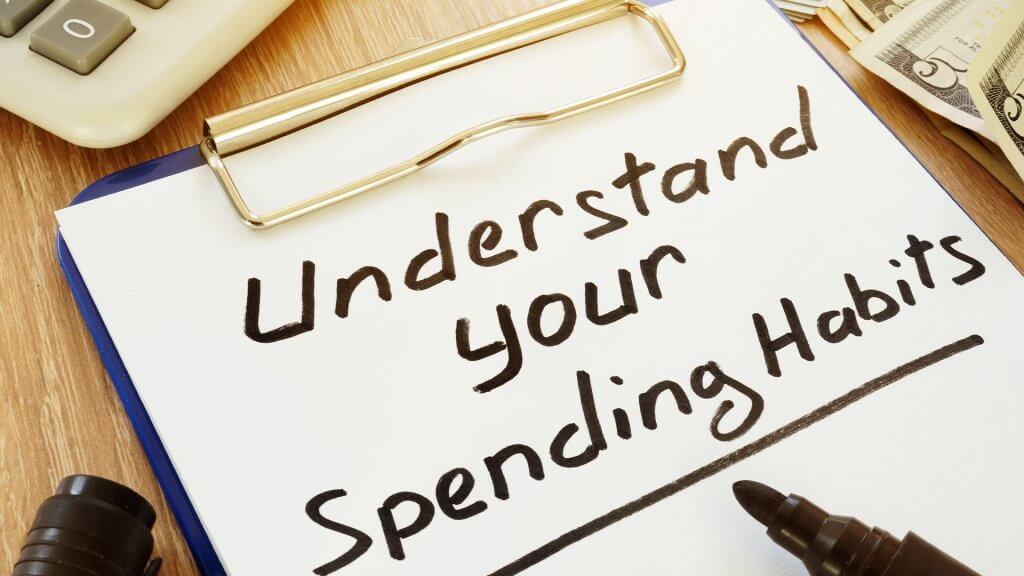How To Change Your Spending Habits

Your bank account is screaming? Stop the financial bleeding now! Transform your spending habits before it's too late.
This guide delivers actionable steps to reclaim control of your finances, offering immediate strategies to curtail impulsive buys, build a budget that works, and pave the way for long-term financial security.
Assess Your Current Situation
First, understand where your money is going. Gather bank statements, credit card bills, and receipts for at least one month – ideally three. According to a 2023 study by Debt.org, the average American household spends nearly $6,000 a month; pinpoint where your spending deviates from the norm.
Track Every Penny
Use a budgeting app like Mint, YNAB (You Need a Budget), or Personal Capital. These tools automatically categorize transactions, revealing spending patterns you might otherwise miss. Alternatively, a simple spreadsheet can work wonders.
Identify Spending Leaks
Categorize your spending into needs versus wants. Be honest: is that daily latte a necessity or a luxury? Cutting even small daily expenses can lead to significant savings over time.
Create a Budget That Works
The 50/30/20 rule is a great starting point. Allocate 50% of your income to needs, 30% to wants, and 20% to savings and debt repayment. Adjust these percentages based on your individual circumstances.
Prioritize Needs
Housing, food, transportation, and essential utilities fall under needs. Look for ways to reduce these costs. Can you refinance your mortgage, cook more meals at home, or take public transportation?
Control Your Wants
This category includes dining out, entertainment, subscriptions, and non-essential shopping. This is where significant cuts can be made. Implement a "30-day rule" – wait 30 days before making any non-essential purchase.
Savings and Debt
Pay yourself first by automatically transferring a portion of each paycheck to a savings account. Focus on paying down high-interest debt, such as credit cards, as quickly as possible. According to the Federal Reserve, the average credit card interest rate is currently over 20%.
Implement Practical Strategies
Cut subscriptions you don't use. A recent survey by C+R Research found that Americans waste an average of $273 per month on unused subscriptions.
Avoid Impulse Buys
Unsubscribe from promotional emails. They are designed to tempt you into spending. Shop with a list and stick to it.
Cook at Home More Often
Eating out is a major budget buster. Plan your meals for the week and prepare a shopping list accordingly. Batch cooking can save time and money.
Embrace Frugality
Look for free entertainment options. Take advantage of free events in your community, such as concerts in the park or museum days. Utilize libraries for books and movies.
Seek Professional Help
If you are struggling with debt or feel overwhelmed, consider consulting with a financial advisor or credit counselor. Organizations like the National Foundation for Credit Counseling (NFCC) offer free or low-cost services.
Take control of your finances today. Implement these strategies, track your progress, and adjust as needed. Your financial future depends on it. Start now.


















